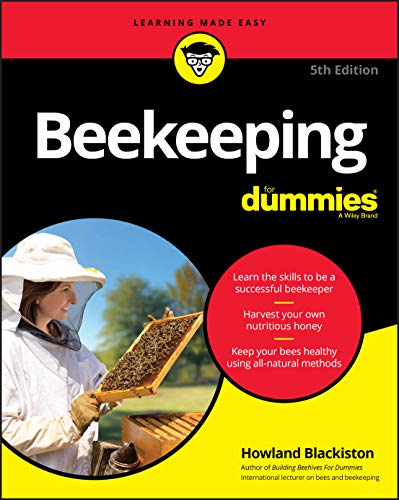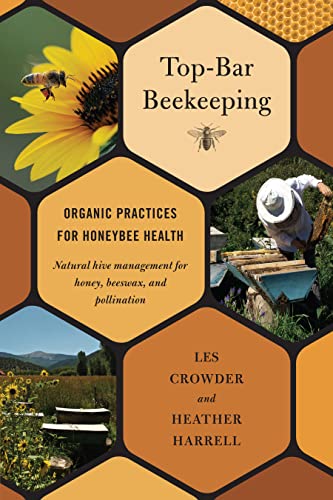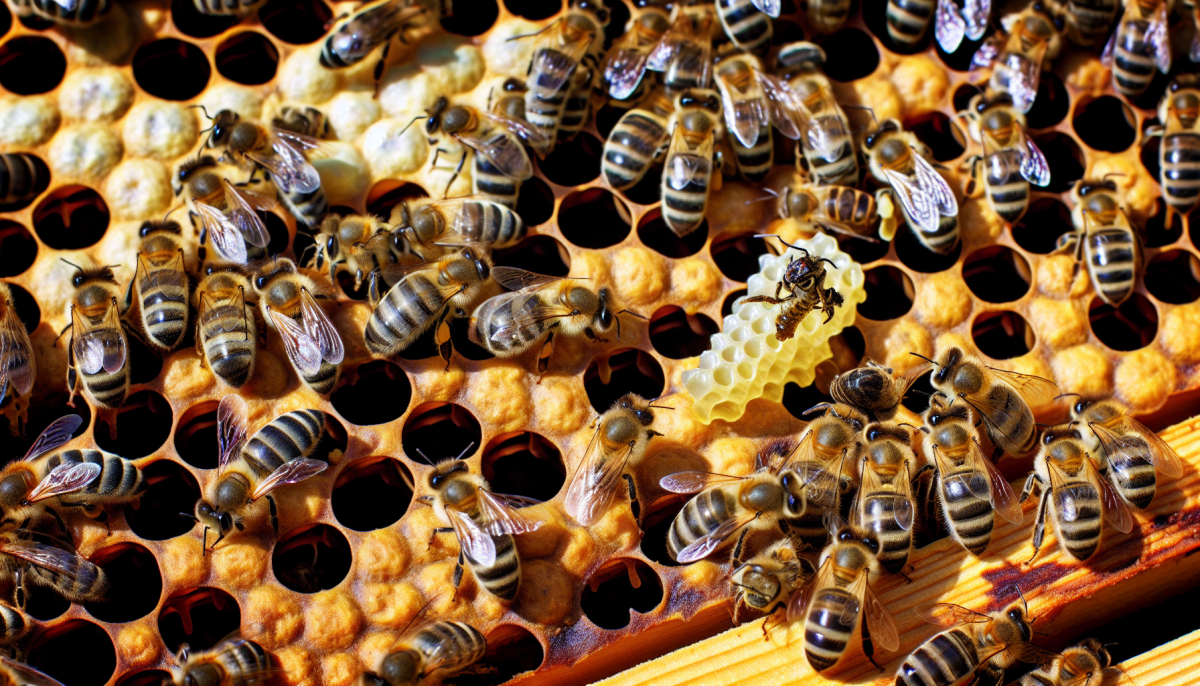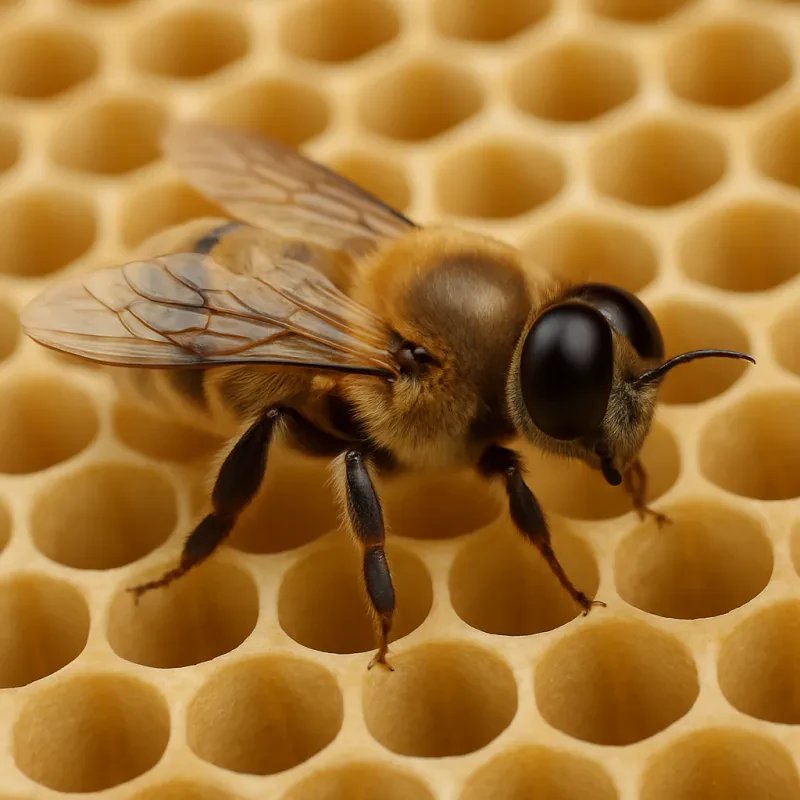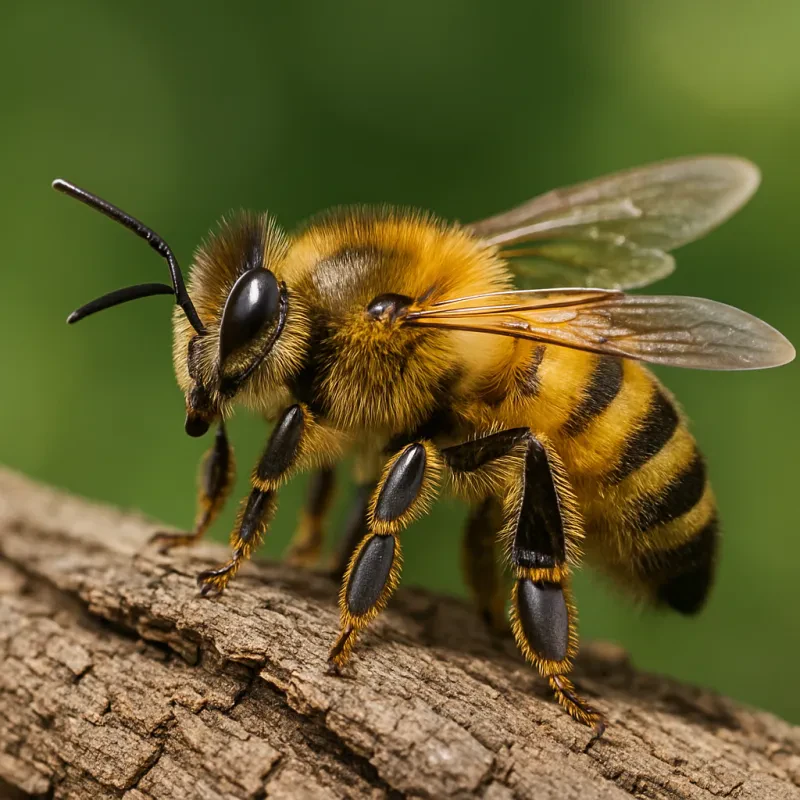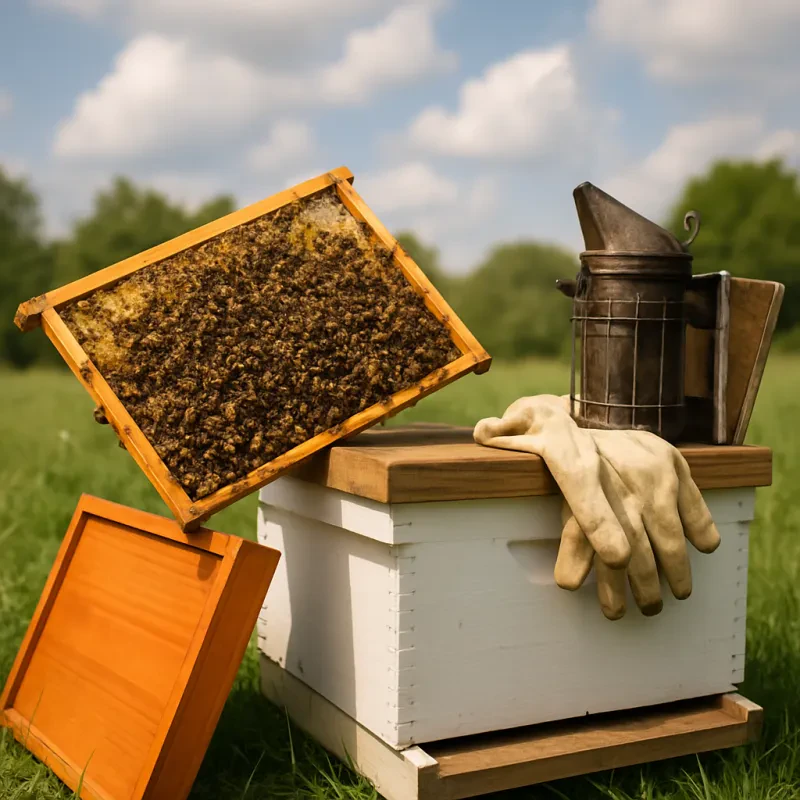The Essential Role of Honey in the Life of Honeybees
Honeybees are fascinating creatures, known for their complex societies and remarkable work ethic. One of their most famous products is honey, a sweet, viscous food substance that has captivated human taste buds for thousands of years. But beyond its popularity among humans, honey plays a crucial role in the survival and thriving of honeybee colonies. In this article, we will explore what honeybees do with honey, highlighting the significance of honey in beekeeping and the natural world.
Honey: The Lifeline of Honeybee Colonies
The Production Process
Honeybees collect nectar from flowers, which they transform into honey through a process of regurgitation and evaporation inside the hive. This process not only produces a nutrient-rich food source but also contributes to the fascinating world of beekeeping, as beekeepers manage hives and harvest honey while ensuring the health of the bees.
A Vital Food Source
At the heart of a hive's survival is honey. Honeybees consume honey as their primary source of energy, particularly during colder months when flowers are scarce, and nectar is not available. The sugar content in honey provides essential energy for the bees, supporting their daily activities and enabling them to maintain the temperature of the hive through the winter.
Honey as a Preservative
Honey's low moisture content and high acidity create a naturally preservative environment, inhibiting the growth of bacteria and fungi. Honeybees leverage this trait, storing honey in the hive's honeycombs as a long-term food reserve. This ability to store and preserve food allows the colony to survive through periods of scarcity, showcasing the remarkable foresight and communal effort of honeybees.
Beekeeping: A Symbiotic Relationship
Sustainable Harvesting
Beekeeping practices play a significant role in the conservation and support of honeybee populations. Responsible beekeepers harvest honey in a way that ensures there is enough left for the bees, highlighting the importance of sustainable practices in the beekeeping industry. This balance allows for the production of honey for human consumption while ensuring the health and sustainability of the bee colony.
Supporting Pollination
Through beekeeping, humans help facilitate the crucial role that honeybees play in pollination. As bees visit flowers to collect nectar, they transfer pollen between plants, aiding in plant reproduction. This process is vital for the production of many fruits, vegetables, and nuts, making honeybees an essential part of our ecosystem and agriculture.
Honey is much more than just a sweet treat; it is a fundamental element in the survival and prosperity of honeybee colonies. From providing essential nutrients to preserving food for winter months, honey supports the complex societal structure of the hive. Beekeeping offers a unique window into the world of honeybees, emphasizing the importance of sustainable practices to ensure the health of bee colonies. As we continue to enjoy the sweetness of honey, we must also recognize and support the incredible work of honeybees and beekeepers in maintaining the delicate balance of our ecosystem.
